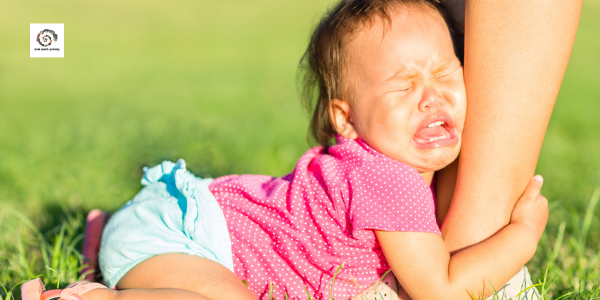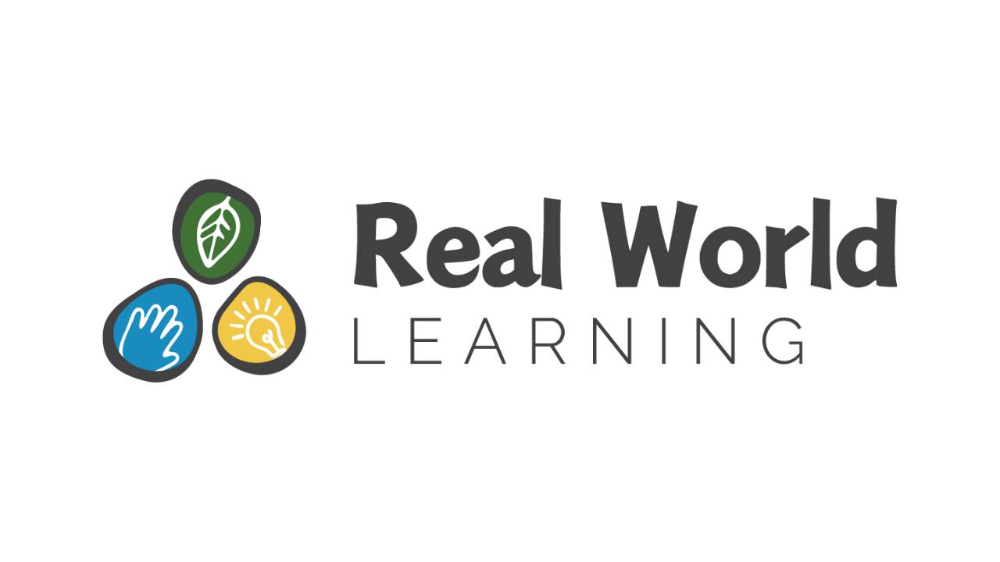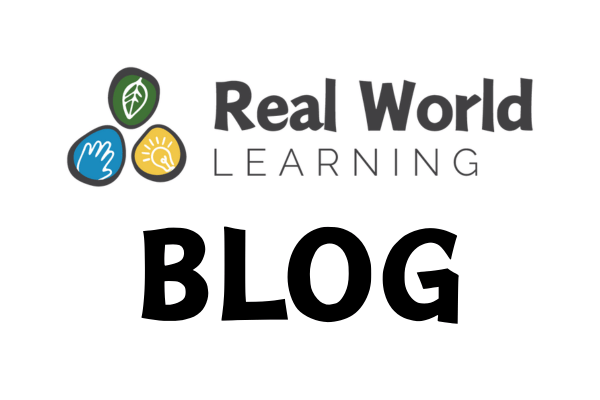The Journey So Far... Planning and reflection for sustainability

It’s that time of year, it seems to roll around quicker each time…⌛
I tend to spend a bit of time as the year comes to an end thinking about where I’ve come from and where I’m at. What did I learn? What would I do again or do differently next time? What progress has been made?
In the business of sustainability, it’s easy to feel like you haven’t got very far - it’s such a big job…
I encourage you to spend some time thinking about what you’ve achieved - all the little things - got a few catalyst projects happening; started some important conversations with your team, engaged the children learning more about a particular sustainability idea, theme or concept, used more sustainability language; saved some waste going to landfill, made a connection in your community; tweaked a procedure to make it more sustainable; included sustainability in your team meeting discussions - all the little things add up!
You’re probably familiar with the planning cycle, have you considered how you could apply it at different scales?

Belonging Being & Becoming the Early Years Learning Framework V2.0 (2022) pg 27
You probably use it daily, weekly or even monthly when planning your program, but have you considered using it quarterly or annually when looking at your Quality Improvement Plan or Sustainability Action Plan?
Planning and reflection is a dynamic process that can be applied at different scales - both broadly and more specifically. Across different time periods and strategic areas of focus.
It’s easy to get caught up in the busyness of the day and skip a few of these steps in the cycle - focusing on the planning and implementation bits.
How often do you observe, assess and evaluate - really see, hear and feel what’s happening around you in more than a superficial tick the box or fill in the form kind of way….
You might use the Planning Cycle for your program with the children, but do you apply the process to your team’s development or implementation of your strategic plans and objectives?
This cycle is what drives progress and continuous improvement. It’s what helps you get closer to your vision. It’s what stops you spinning your wheels and wasting precious time.
The mistakes I see people make all the time could be avoided if they took some time to consider all the steps in the planning cycle as they implement their sustainability initiatives.
When you observe you make connections between various domains of sustainability, see changes in language and behaviour, identify potential sustainability superpowers or knowledge gaps to address.
When you assess you analyse where your important stakeholders - whether they be your team, children, families or community - are at in terms of their sustainability knowledge and understanding of key concepts. What are their interests, capabilities and capacities?
When you plan you know where you're going and why. You know how to measure progress and success. You determine the best strategies to engage the right people and when. You know what knowledge and skills are required and identify who the best person to help implement your plan might be. You know what resources are required. All this sets you up for success.
When you implement your plan and move into action you bring sustainability to life. You provide opportunities for others to get involved and make valuable contributions. You create impact, and the ripples will be felt across your community and time.
When you evaluate you stop repeating the same mistakes. You learn from experience. You make real progress. You stop wasting your precious time doing what doesn’t work and focus more on what does. You celebrate the wins and build momentum.
Embedding sustainability is about continuous improvement and the planning cycle is how you determine your best next steps and set your service up for success.
You build a positive culture around change as people start to see positive outcomes, plans turning into action and progress being made. 🚀
You build momentum and energy that’s difficult to stop, rather than dragging everyone kicking and screaming… 😭

So, take a moment and plan some time for reflection and planning for 2024.
- What has changed in your service this year in terms of sustainability?
- What was your most successful sustainability move? Why?
- How can you build momentum and energy?
- How can you use your strengths and those of your team for sustainability?
If planning and reflection is not your superpower 🦸♀️, check out my new Planning and Reflection Masterclass and Resource Bundle.
This bundle outlines the 5 things you need to do in order to move from doing to EMBEDDING Sustainability using our simple framework. You’ll also discover how the changes to the Early Years Learning Framework - including the sustainability principle and expanded definition of sustainability can help you embed sustainability in your service.
There’s a bunch of practical tools and templates that make working out where you’re at and where you want to go simple. Find out more here.
Next Gen Sustainability is Here!
Sustainability Made Simple.
The Next Gen Sustainability Program Makes Integrating Sustainable Practices Across Your Early Childhood Education and Care Setting Engaging and Effective.
Create a learning environment where children develop a deep connection to nature, an understanding of their role in protecting the planet, and the skills to make responsible choices as global citizens for sustainability.
Embedding sustainability is more than just another box to tick—it’s the key to creating a lasting impact for our children, your team and community.
But where do you start? How do you make sustainability practical, meaningful, and engaging?
The Next Gen Sustainability Program will guide you through a proven process that engages others, builds knowledge, inspires action and creates impact. The Program is customised to meet the specific needs and goals of your Service.



